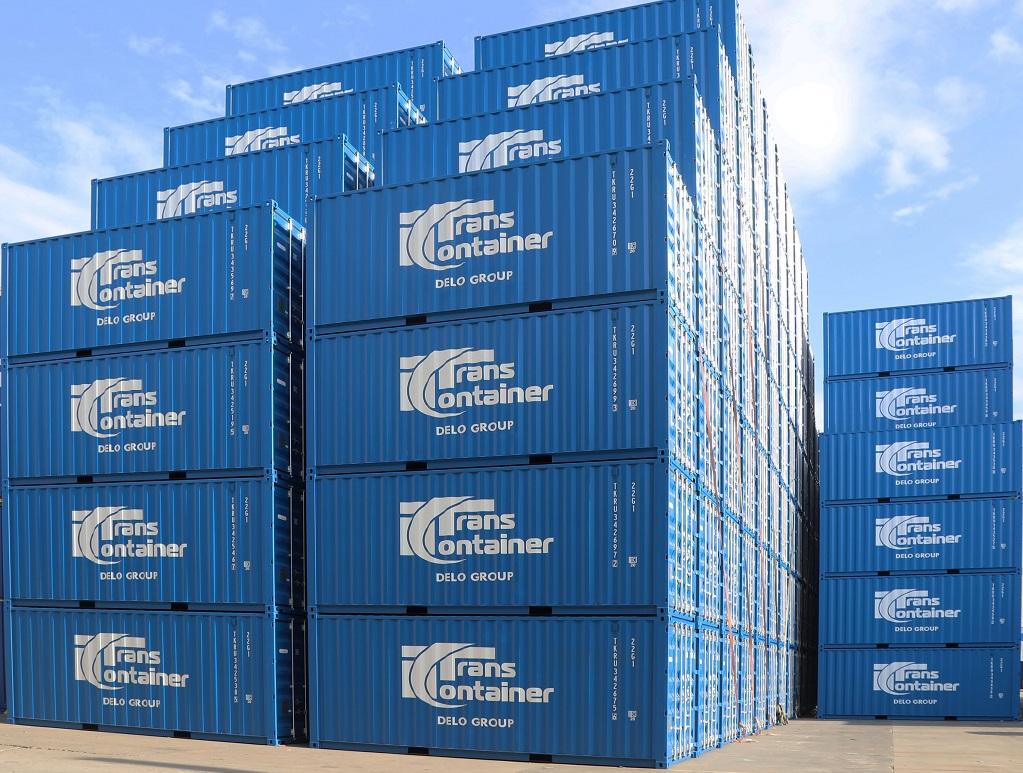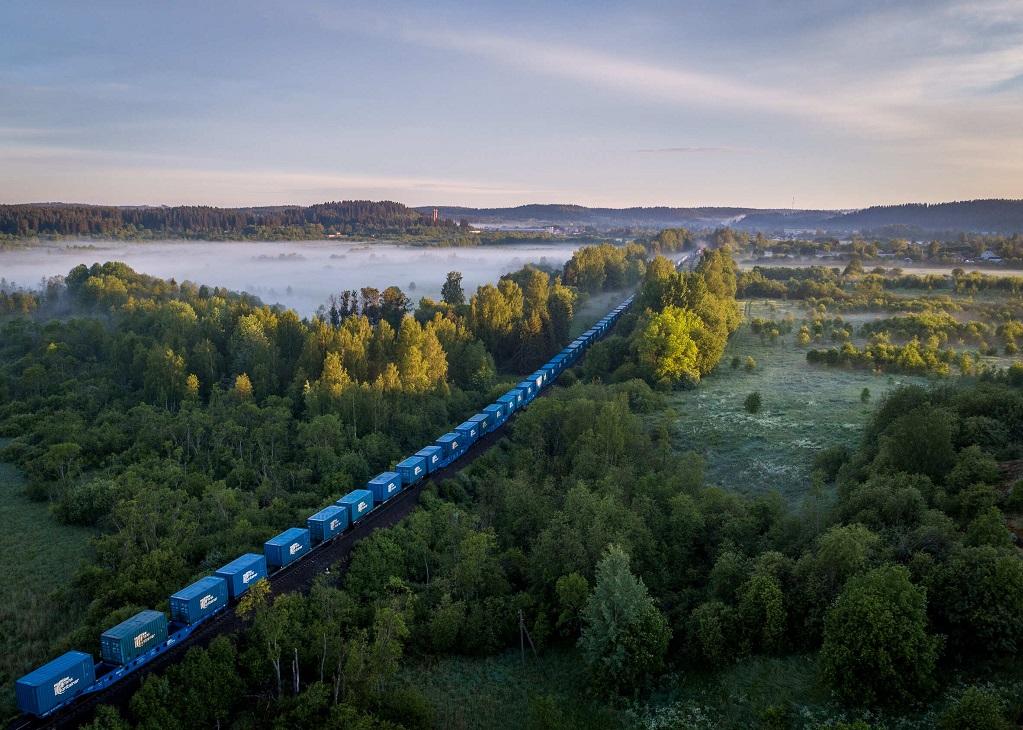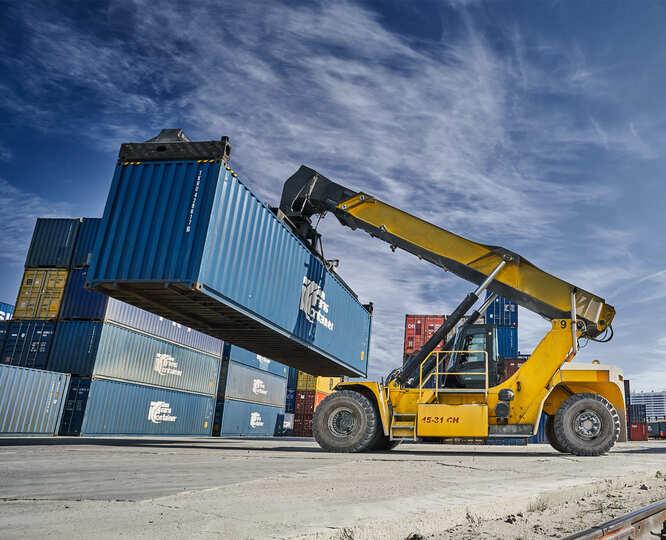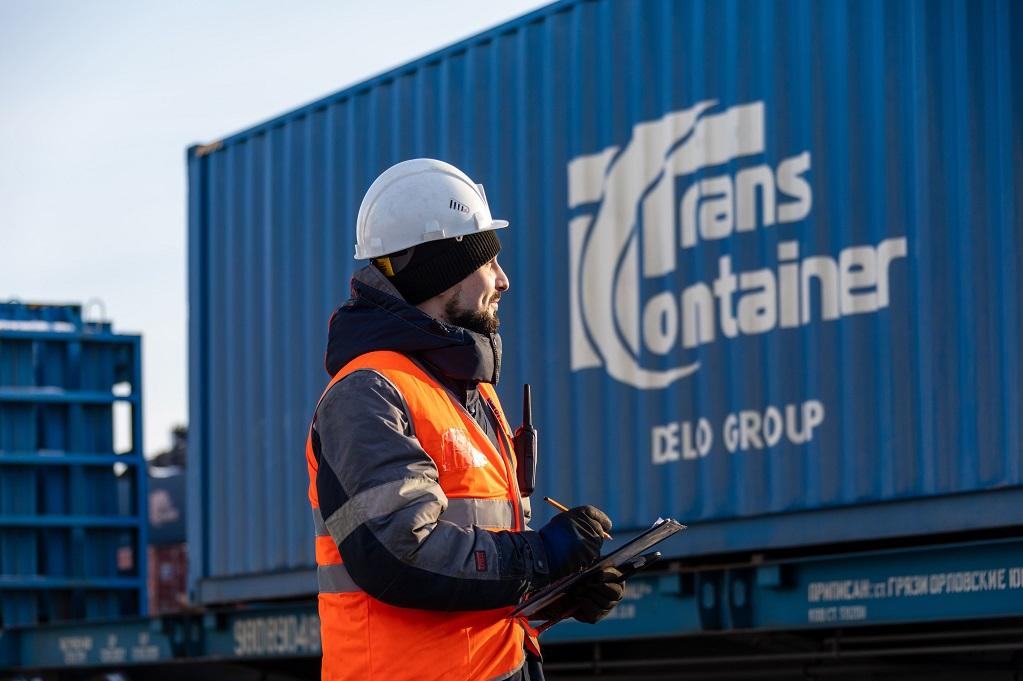Press Releases
Future Transit Law
Today Moscow hosted a conference titled “Transport Law as an Instrument of Russia’s Transport Strategy Until 2030”.
Viktor Markov, JSC TransContainer Director for Legal Affairs, and Russian Transport Minister Sergei Aristov acted as co-moderators of a round table discussion on legal collisions and ways to step up Russia’s transit potential. Its participants discussed the necessity of drafting and adopting a law on transit regulations. According to Mr. Markov, today Russia lacks a comprehensive system of state regulations on transit freight traffic, which is detrimental to the economic appeal of its traffic routes.
JSC TransContainer representative stressed that such a law is needed for regulation of various aspects of transit corridor operations rather than operation of railroad transportation itself. “What scares clients is not RZD’ rail transportation tariffs, which have not been raised despite the crisis. Moreover, JSC TransContainer has even cut tariffs on some of its routes. However, this year stevedore services and cargo protection cost our clients much more than a year before,” said Mr. Markov.
For example, today JSC TransContainer full service including rail transportation of a 40-feet container from the Nakhodka-Vostochny sea port to Kazakhstan border over 6.5 thousand km of Russia’s territory (infrastructure fee included) will cost less that sea transportation with transshipment and security guards over 1000 km distance from Korea’s Port of Pusan to Nakhodka .
“Now stevedore services costs have almost doubled against the previous year and cargo protection have increased by 60%, accounting for as much as one third of rail tariff. As a result, a 40-feet container transportation from Pusan to Kazakhstan costs about $3,500, whereas sea transportation of the same container from Shanhai to Hamburg, which is a far longer route, will cost only $2,100 against last year’s $4,900. This is a result of recent dramatic drop in tariffs for sea transportation,” said Mr. Markov.
This is why he believes that the federal government should incorporate the term of “transit corridor” into the Russian legislation as the main instrument of transit freight traffic. “The government has to control transit corridors and especially tariff policy to ensure that our through tariff rates accounting for sea freight from starting transit point on rail, stevedore services, rail transportation and cargo protection throughout the entire route were competitive in comparison with alternative transit corridor rates, e.g., sea transportation from South-East Asia to Europe or over the Trans-China Route. Besides, there is a need for streamlining customs control and other control procedures that impede transportation speed, which is one of Russia’s key competitive advantages. If the law in question offers a solution to this and many other Russia’s transit issues, it will really be vital to the development of transit system. Otherwise, it will be nothing but an empty declaration of transit development principles without any real mechanism for their implementation,” concluded Mr. Markov.




